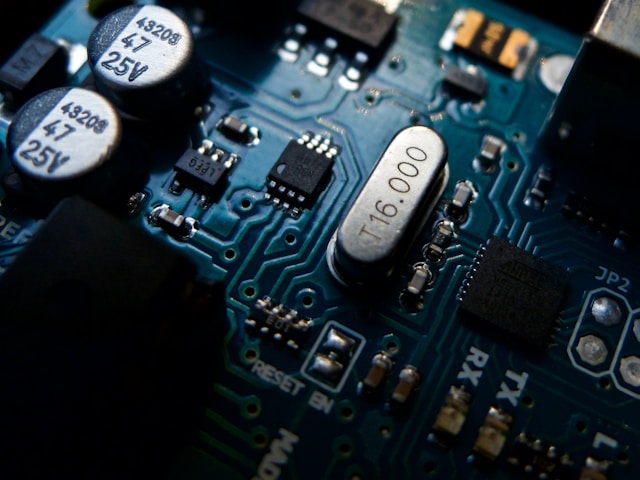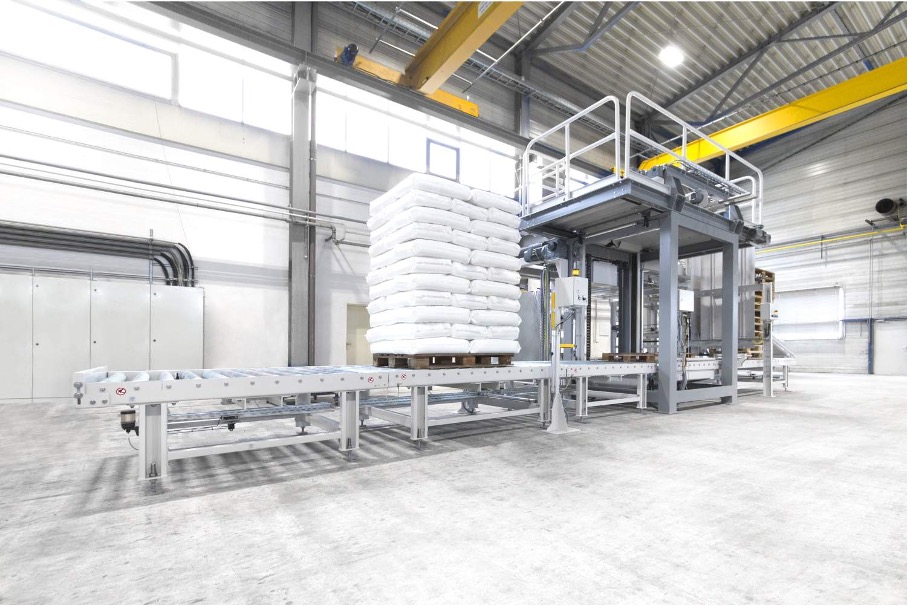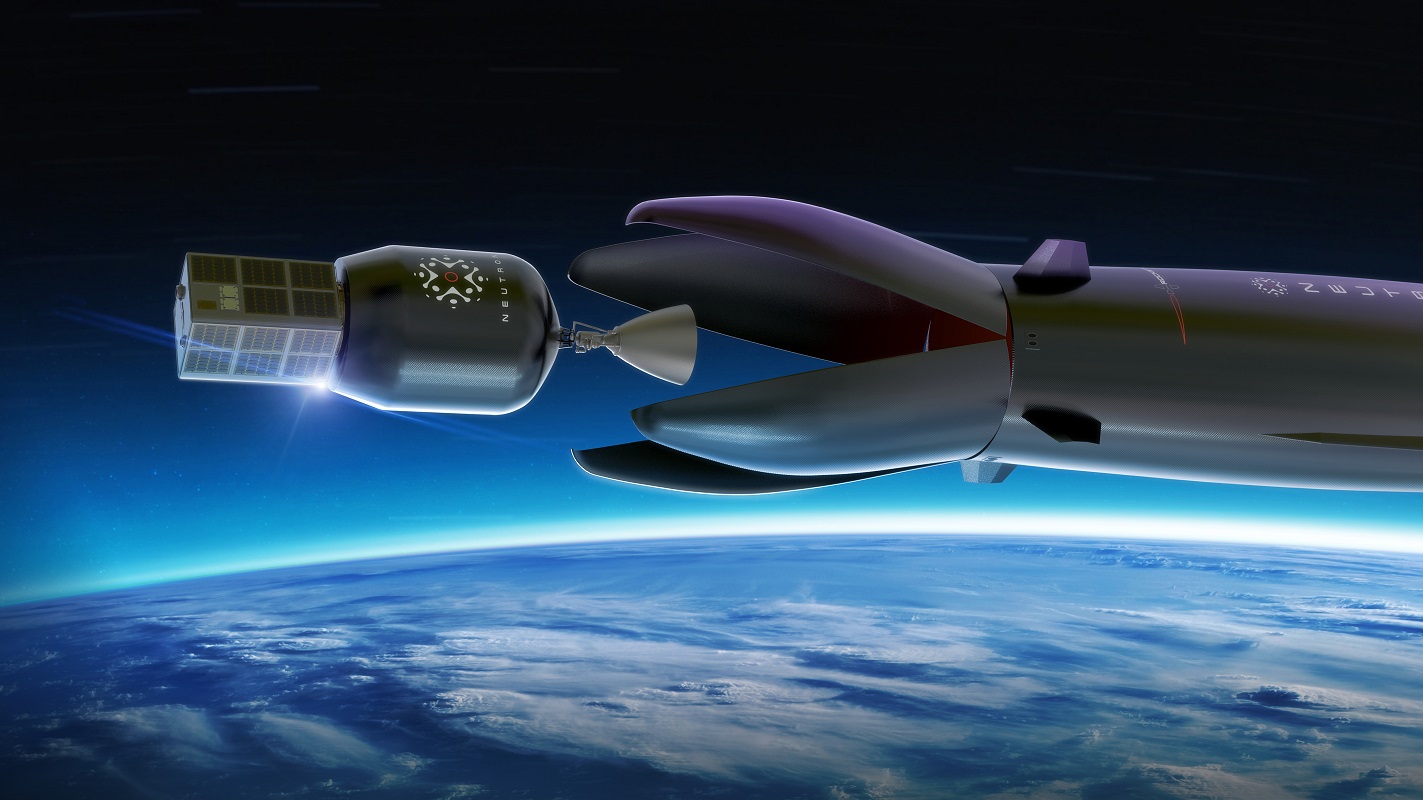MIT Researchers developed an energy harvester for Internet of Things (IoT) devices that can enable them to use battery-free power. These energy harvesters can convert the magnetic field around wires and use that stored energy to power IoT devices.
The motivation behind this research is published in the IEEE Sensors Journal (January issue) and is a decade of work from the research lab of MIT professor Steven Leeb. The goal is to enable reliable and resilient energy-management systems for IoT devices.
With this option, wide adoption of such IoT devices that detect equipment issues even before they occur is possible. Delivering power through batteries poses a risk of fire and results in maintenance costs for replacement, especially in the case of remote locations. This battery-free option is clamped around a current-carrying wire and, via electromagnetic induction, harvests energy from the magnetic field, which is stored in capacitors in the IoT device.
However, it is often assumed that IoT devices will never completely run out of energy and have to be restarted. Leeb says, “It’s the optimistic version, where everything is going to be fine,”, adding “Our experience is that it’s not. So then the question is, then what?”
Therefore, resilient IoT systems have to properly prioritize energy harvesting and data collection. Commenting on the algorithms that determine when energy harvesting and when data collection should have priority, Leeb says, “There may be emergency times when you have to have the information and other times when it’s better to let it harvest [energy] for a while,”, adding “We can live without the information for a little while, and we’d rather ensure availability when we do need it.”
Assistant professor of engineering at Northeastern University, Aatmesh Shrivastava, commented that an energy-management system “is a critical piece in making self-powered IoT systems possible,”







